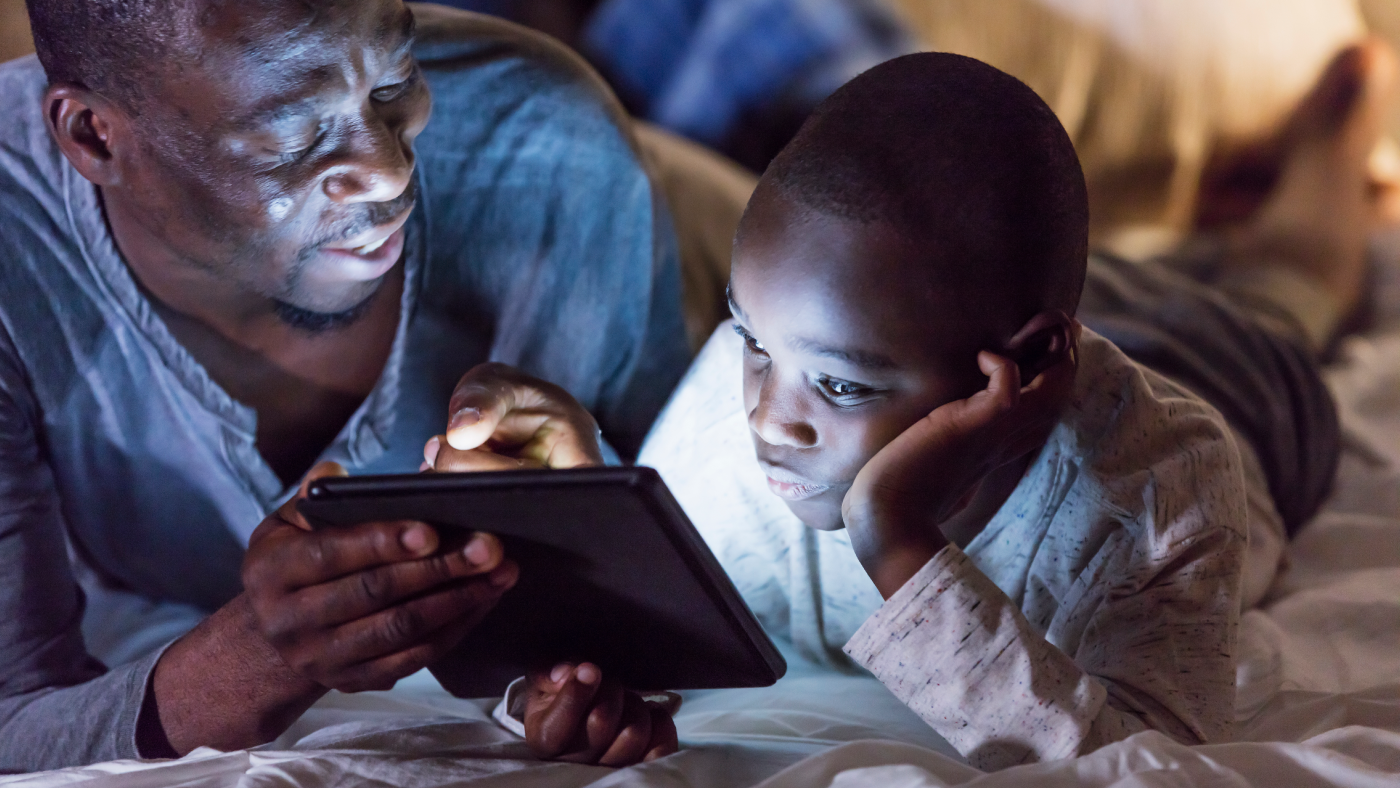
6 facts about Americans and TikTok
62% of U.S. adults under 30 say they use TikTok, compared with 39% of those ages 30 to 49, 24% of those 50 to 64, and 10% of those 65 and older.
62% of U.S. adults under 30 say they use TikTok, compared with 39% of those ages 30 to 49, 24% of those 50 to 64, and 10% of those 65 and older.
62% of U.S. adults under 30 say they use TikTok, compared with 39% of those ages 30 to 49, 24% of those 50 to 64, and 10% of those 65 and older.
22% of Americans say they interact with artificial intelligence almost constantly or several times a day. 27% say they do this about once a day or several times a week.
About one-in-five U.S. adults have used ChatGPT to learn something new (17%) or for entertainment (17%).
Across eight countries surveyed in Latin America, Africa and South Asia, a median of 73% of adults say they use WhatsApp and 62% say they use Facebook.
U.S.-born Latinos mostly get their news in English and prefer it in English, while immigrant Latinos have much more varied habits.
About half of Americans (48%) say they took part in organized, competitive sports in high school or college.
Most teens at least sometimes feel happy and peaceful when they don’t have their phone, but 44% say this makes them anxious. Half of parents say they have looked through their teen’s phone.
Internet use is nearly ubiquitous in Germany, but social media use is not. In fact, Germans stand out internationally for their relatively light use of social media.
Across 27 countries surveyed, people generally see social media as more of a good thing than a bad thing for democracy.
About half of all U.S. adults who use TikTok have never posted a video themselves. And the top 25% of U.S. adults on the site by posting volume produce 98% of all publicly accessible videos from this group. Users who have posted videos are generally more active on the platform than non-posters.

Roughly four-in-ten Americans have experienced online harassment. Growing shares face more severe online abuse such as sexual harassment or stalking.
Two-thirds of parents in the U.S. say parenting is harder today than it was 20 years ago, with many citing technologies, like social media or smartphones, as a reason.
From distractions to jealousy, how Americans navigate cellphones and social media in their romantic relationships.
Majorities of U.S. adults believe their personal data is less secure now, that data collection poses more risks than benefits, and that it is not possible to go through daily life without being tracked.












